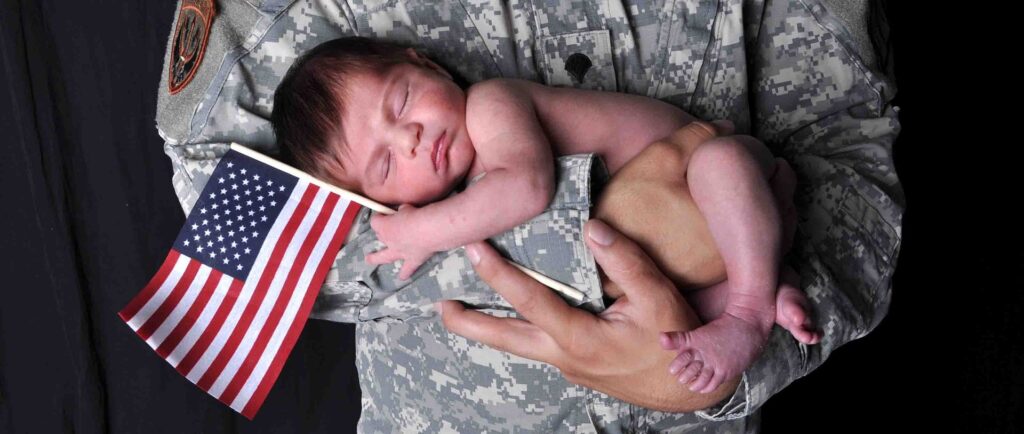Serving in the military brings about a unique set of challenges and sacrifices, not only for the veterans themselves but also for their families. Military veterans often face various obstacles when it comes to maintaining a healthy and stable family life. The demands of military service, including deployments, frequent relocations, and the physical and psychological tolls of combat, can place significant strains on relationships. In this article, we explore the challenges faced by military veterans and their families, highlighting the importance of understanding and support in navigating these difficulties.
1. Frequent Separations:
One of the most significant challenges for military veterans and their families is the frequency of separations. Deployments and extended training exercises often require veterans to be away from their loved ones for extended periods. This separation can strain familial bonds, causing feelings of loneliness, anxiety, and uncertainty. The burden of managing the household and caring for children falls solely on the shoulders of the remaining family members, placing additional stress on them.
2. Emotional and Psychological Impact:
Exposure to traumatic events during military service can have lasting emotional and psychological effects on veterans. Conditions such as post-traumatic stress disorder (PTSD), anxiety, and depression may emerge, affecting both the veteran and their family. These conditions can lead to difficulties in communication, emotional distance, and difficulty readjusting to civilian life, making it challenging for veterans to maintain healthy relationships within their families.
3. Reintegration Challenges:
Returning from military service can be a complex and challenging process. Veterans may struggle to reintegrate into civilian life due to a loss of camaraderie, a sense of purpose, or difficulty adjusting to the demands of everyday life. This transition can create a strain on family dynamics as veterans and their families navigate new roles, responsibilities, and expectations. Patience, understanding, and open communication are crucial during this time of adjustment.
4. Financial Struggles:
Financial challenges often accompany military service. Veterans may face difficulties securing stable employment, translating their military skills to the civilian job market, or coping with the financial burden of medical expenses. These financial pressures can lead to stress within the family unit, causing strain on relationships, and impacting the overall well-being of the household.
5. Parenting and Family Dynamics:
Military veterans who are also parents face unique parenting challenges. The frequent relocations and changes in routine can disrupt the stability of family life, impacting children’s education, friendships, and emotional well-being. Moreover, veterans who experienced combat may find it challenging to adjust to the demands of parenting while dealing with their own emotional and psychological scars. Creating a supportive environment, seeking professional help when necessary, and maintaining open lines of communication are essential in overcoming these challenges.
Conclusion:
Family life for military veterans comes with its own set of challenges, requiring resilience, understanding, and support from both the veterans themselves and their loved ones. Frequent separations, emotional and psychological impacts, reintegration challenges, financial struggles, and parenting difficulties all contribute to the unique obstacles faced by these families. Recognizing the sacrifices made by military veterans and providing the necessary resources, counseling, and community support can help them navigate these challenges and build strong and thriving families. It is vital that society as a whole acknowledges and appreciates the sacrifices made by these individuals and extends a helping hand to ensure their successful transition back into civilian family life.

